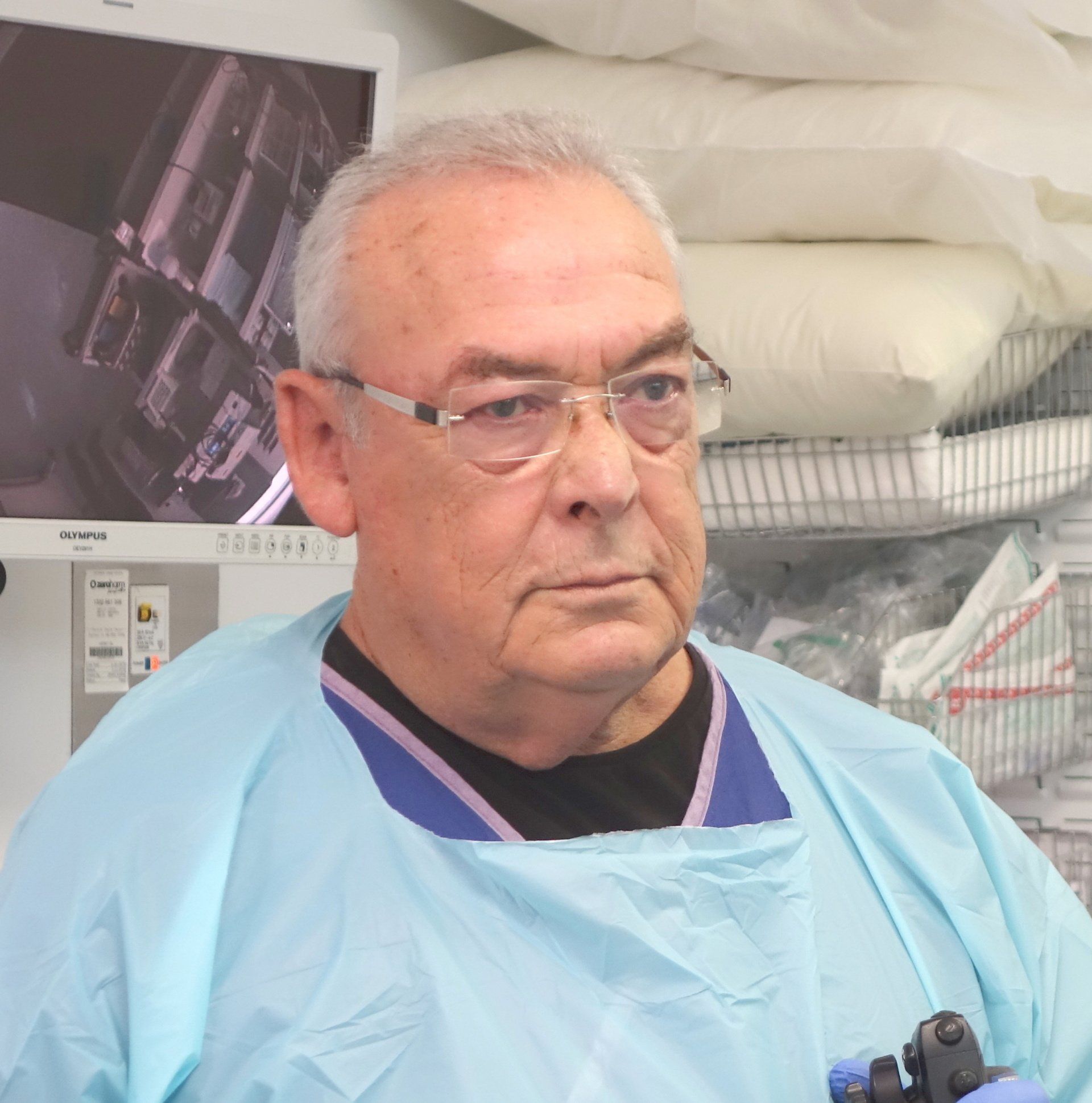Hepatitis C
What is Hepatitis C?
Hepatitis C is a variant of viral hepatitis, an inflammation of the liver.
Hepatitis C is caused by hepatitis C virus (HCV). It is a dangerous condition that can become chronic infections if not treated on time.
Who does Hepatitis C Affect?
Hepatitis C affect millions of people globally and are one of the most common causes of liver cirrhosis and cancer.
Anyone that comes in contact with contaminated body fluids and blood can be affected with hepatitis C.
The groups that have a higher risk of infection include:
- people at a higher risk of needlestick injury (healthcare workers),
- drug users sharing contaminated needles,
- hemodialysis patients and
- unprotected sexual contact with an affected partner.
These viruses can also be transmitted to newborns from infected mothers.
How does Hepatitis C Occur?
Hepatitis C occurs when the body is exposed to contaminated body fluids or blood carrying HCV.
The virus infects the liver cells, and takes up to 45 to 100 days to incubate. As the virus replicates, it causes inflammation and liver injury.
Causes of Hepatitis C
The causes of Hepatitis C is infection with HCV, which can be acquired due to exposure to:
- Contaminated blood
- Sexual contact with affected partner
- Needle prick injury with contaminated blood or patient
- Drug users sharing used needles
- Contact with other contaminated body fluids
Symptoms of Hepatitis C
Hepatitis C infections cause symptoms which include:
- Fever
- Fatigue / Lethargy
- Joint pain
- Nausea and loss of appetite
- Vomiting
- Abdominal pain
- Dark urine
- Jaundice (yellowing of the eyes and skin)
Stages of Hepatitis C
This disorder begin as acute infections, which if left untreated for more than six months, become severe enough to be classified as chronic liver disease, leading to cirrhosis and cancer.
How is Hepatitis C Diagnosed?
The diagnosis for Hepatitis C is made by taking a complete history and a complete physical examination, including a comprehensive liver exam.
The diagnosis is confirmed by blood test which is tested for Hepatitis C antibodies (anti-HCV).
How is Hepatitis C Treated?
In cases of acute hepatitis C, the infection clears out on its own in most cases. Treatment becomes a viable option only when the disease progresses from acute to chronic state.
Hepatitis C Treatment
In cases of hepatitis C, in addition to ribavirin and interferon, new drugs have become available which attack the virus itself. These medications include protease inhibitors, NS5A inhibitors and polymerase inhibitors.
Inhibition from alcohol consumption is also recommended to prevent further damage to the liver.
What if Hepatitis C is Untreated?
If Hepatitis C is left untreated, this viral infection will eventually become chronic liver infections that can lead to liver cirrhosis and cancer.
Dr Donald Walker
Write your caption hereMore
Dr Johan Van Den Bogaerde
Write your caption hereMore
Trusted for more than 25 Years
PANCREAS & BILIARY
Digestion Problems - Dyspepsia









